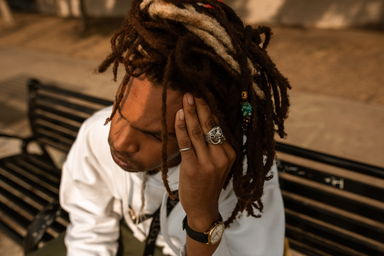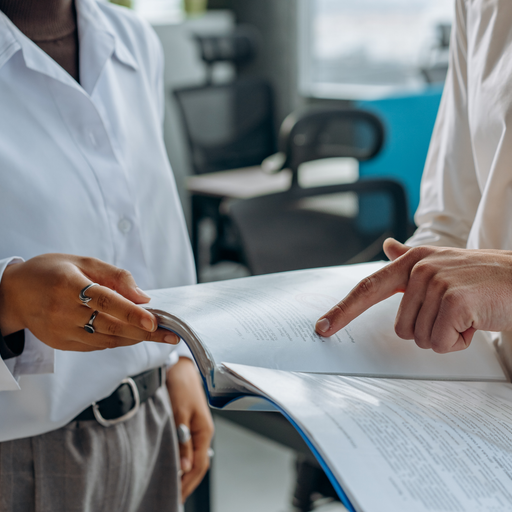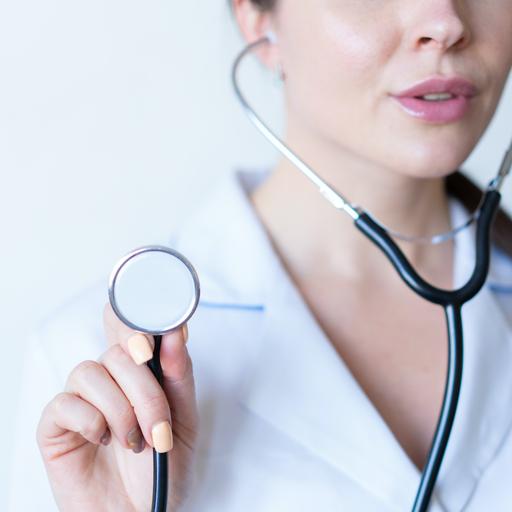Centering the Margins in Mental Health

During July, we bring awareness to the mental health in BIPOC and marginalized communities of color. One research study points out how structural racism impacts the mental health of marginalized people of color. Dealing with institutional oppression on a daily basis has an impact on marginalized communities’ mental health and our navigation of the world and resources.
Not having resources readily available is another reason many mental illnesses go undiagnosed in communities of marginalized people of color. Below are statistics that outline why we need to center BIPOC and marginalized communities of color in mental health:
- Adult Black/African Americans are 20 percent more likely to report severe psychological distress than adult whites.
- 18.9% of Hispanic students in grades 9th–12th considered suicide, and 11.3% had attempted suicide.
- 10.8% of Asian American high school students say having attempted suicide as compared to 6.2% of white students.
- Less than 2% of mental health providers are Black.
- Language differences between patients and providers, the stigma of mental illness in communities of color, and cultural presentation of symptoms can contribute to misdiagnoses.
- Black children and adolescents who died by suicide were more likely than White youths to have experienced a crisis during the two weeks before they died.
- American Indians/Alaskan Nativesreport higher post-traumatic stress disorder and alcohol dependence rates than any other ethnic or racial group.
The research continues to show how underserved our communities are, and for that, we have suffered. However, over the last few years, the rise of social media has allowed many mental health professionals and organizations to share resources for free, which has been an asset to many people. Here we have compiled a list of different platforms that give helpful information and resources online:
- Therapy For Black Girls
- Latinx Therapists Network
- NAMI
- Indigenous Circle of Wellness
- Nedra Glover Tawwab
- So’oh-Shinálí Sister Project
- Dr. Jennifer Mullan
Although none of these platforms absolve the need for a licensed therapist that can be seen regularly, it can help. Finding a therapist and getting daily overarching advice from a licensed professional. If someone requires a licensed therapist, please visit the HUED directory and search for a therapist in your area. Mental health is important, and we need more readily available resources to help the communities most impacted to have collective mental wellness.
Site content is provided for informational purposes only and is not intended to be a substitute for professional medical advice, diagnosis, or treatment.


